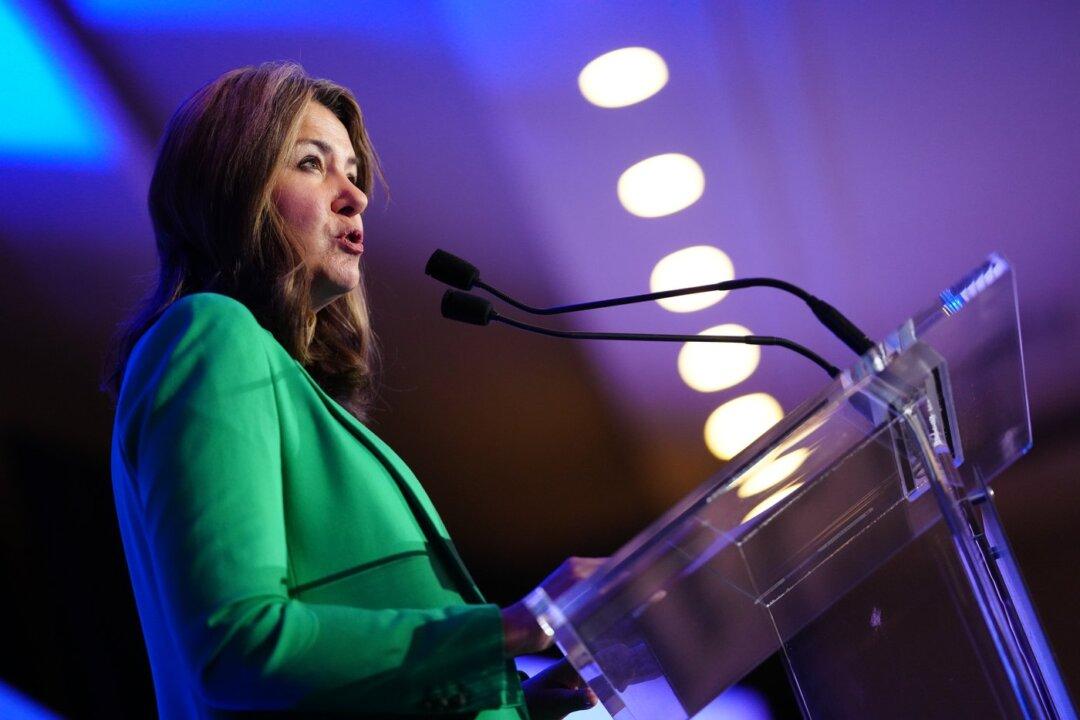Premier Danielle Smith says no matter the outcome of the United States election, there will be challenges for Canada and Alberta.
She said both President Joe Biden and former president Donald Trump have policies that could harm or restrict trade with Canada.





